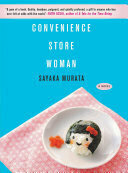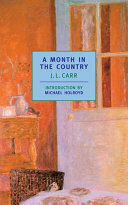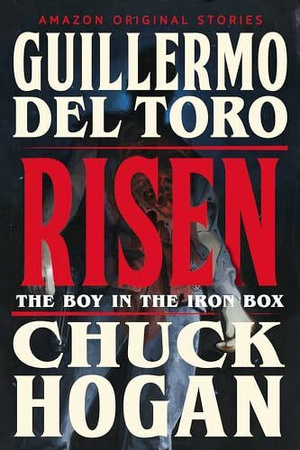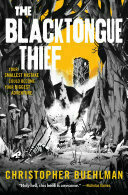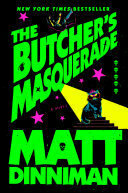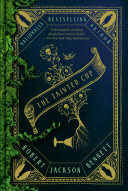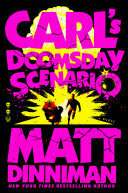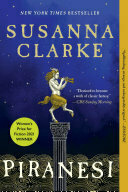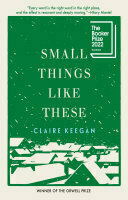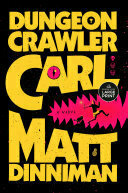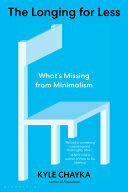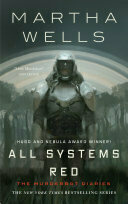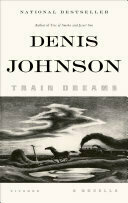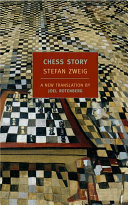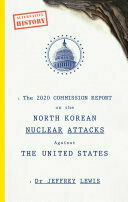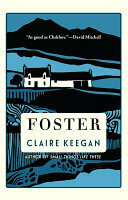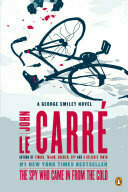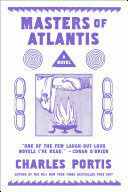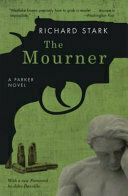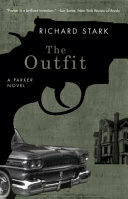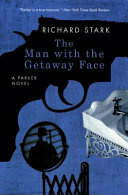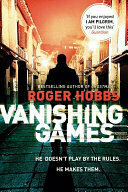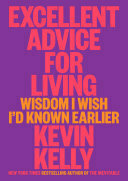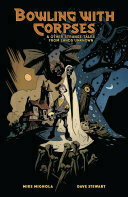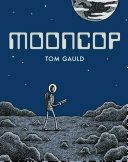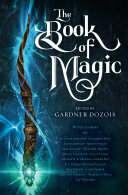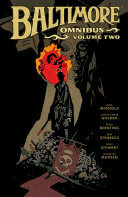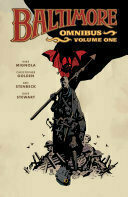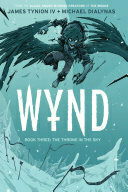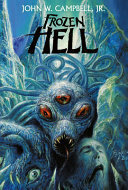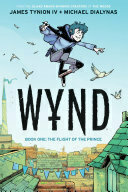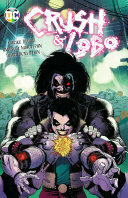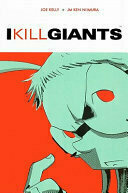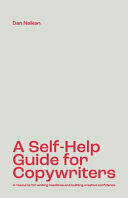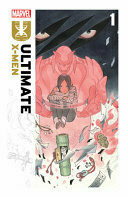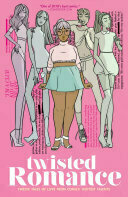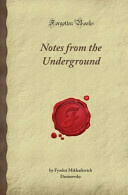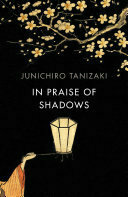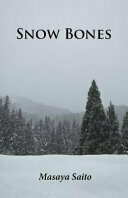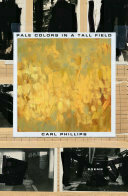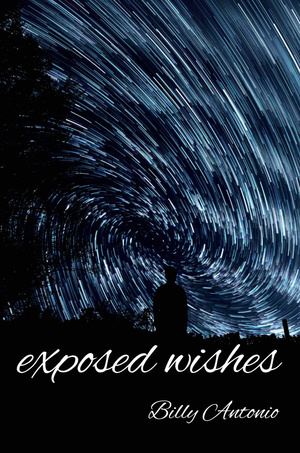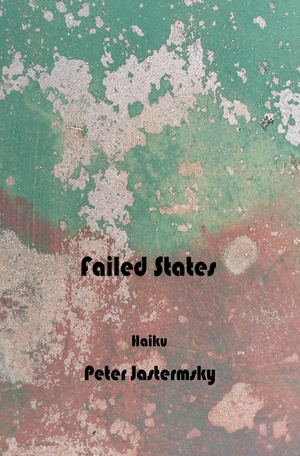The distinguishing mark of Man is the hand, the instrument with which he does all his mischief.’

Finished (re)reading: Animal Farm by George Orwell 📚
Revisited this book. Not (just) due to the current moment, but after hearing Dan Pink call it the single best book on organizational behavior.
The line in my earlier post is from the Borges essay The Wall and The Books, which feels like very relevant reading given the current moment.

Burning books and erecting fortifications is a common task of princes
from Labyrinths by Jorge Luis Borges 📚

I’ve tried starting Labyrinths by Jorge Luis Borges multiple times now and keep getting stopped by the first line of the first story because it’s just so good.
I owe the discovery of Uqbar to the conjunction of a mirror and an encyclopedia.

To arise one smoking spring
& find one’s youth has taken off
for greener parts.
from Look for You Yesterday,
Here You Come Today
in Transbluesency by Amiri Baraka 📚

Finished reading: The Burnout Society by Byung-Chul Han 📚

Finished reading: Work by Thich Nhat Hanh 📚
Some people go their whole lives
without ever writing a single poem.
…
You’re a nowhere man misfiring
the very essence of your life, flustering
nothing from nothing and back again.
from Dream On by James Tate

Complexity from Death Poems by Thomas Ligotti 📚
Whatever events may lead
to the last moment,
the finale is always the same:
simple heart failure.And all the time you thought
that life was so complex.
It’s just the beat of a drum:
Th mp-thump.
Highlights from A Month in the Country

As I said in my initial post, “not much happens” in A Month in the Country by J.L. Carr, “but more than enough happens to be interesting.” 📚
Here’s what I highlighted as I read:
Then, like all people who give in too easily, he began to grub up a few restrictive clauses to recover face.
Must one excuse their defective sensibility towards their fellows because they are engrossed with God?
“People tire of color and shapes which stay in the same place. And they always believe that they have more time than they will have and that, someday, they’ll come on a weekday and have a proper look.” I should have said “we”—I’m just the same.
By nature we are creatures of hope, always ready to be deceived again, caught by the marvel that might be wrapped in the grubbiest brown paper parcel.
But that goes for most of us, doesn’t it? We look blankly at each other.
Now you know all about me. Go away: I’ve forgotten you already.
it was he who suggested that we were eating disposable archaeology.
You know how it is when a tricky job is going well because you’re doing things the way they should be done, when you’re working in rhythm and feel a reassuring confidence that everything’s unraveling naturally and all will be right in the end.
I would like to have examined it: I mean to say, almost everything has some purpose.
it had never occurred to me that too big a house might have the same appalling drawbacks as too small a one,
Our jobs are our private fantasies, our disguises, the cloak we can creep inside to hide.
like all truly great works of art, hammering you with its whole before beguiling you with its parts.
But there are times when man and earth are one, when the pulse of living beats strong, when life is brimming with promise and the future stretches confidently ahead like that road to the hills.
It is now or never; we must snatch at happiness as it flies.
because people one doesn’t care for, even dislike, make most of us feel uneasy when they appeal against their sentence.
We can ask and ask but we can’t have again what once seemed ours for ever—the way things looked, that church alone in the fields, a bed on a belfry floor, a remembered voice, the touch of a hand, a loved face. They’ve gone and you can only wait for the pain to pass.

I don’t usually blog about the books I read with my kids, but I love this line from The Teeny-Weeny Unicorn by Shawn Harris 📚
Unicorns, like most living species, have no use for money

Premature from Death Poems by Thomas Ligotti 📚
When it’s all over,
they sometimes say things
such as “before his time”
or perhaps “too young.”But the fact is this:
everything happens because
“its time has come.”
And the last thing
that happens to you
will always be “on time.”No one is too young.
Nothing is premature.
Everyone, including you,
is right on schedule.It’s true.

haiku from A Future Waterfall by Banʼya Natsuishi 📚
My haiku:
a little cedar
nine hundred ninetynine years old
Highlights from 3 Days, 9 Months, 27 Years

3 Days, 9 Months, 27 Years by John Scalzi 📚
Theory is almost never practice.
It is psychologically important, when traveling through time, to have another human be the last and first thing you see.
We did it anyway, because humans can’t not stick their fingers into wall sockets
A scientist, however, knows that initial conditions are everything, and that small differences at the outset make for huge differences in results down the line. The observer and the observed always interact. Everything changes.
Variety is the essence of tourism.
It is pleasant to work with, and for, pleasant people.

Finished Listening: Sir Gawain and the Green Knight by Simon Armitage 📚
Finally dipped my toe into Robin Sloan’s New Year’s Day ritual of reading this story. He took the year off from reading it live so I grabbed the audiobook narrated by Bill Wallis.
Really enjoyed my time with it and it feels like a good poem to start a year with.
And another new holiday book ritual is born!

Safety in Numbers from Death Poems by Thomas Ligotti 📚
There are plenty more people
than there were at one time.
And plenty more are coming.It’s as if something inside them
is always screaming in an urgent
voice: more, more, more, more.Or maybe it’s like waiting in line.
Everyone feels better if they see
more are behind them than in front.“That makes sense,” you think
as you make your way forward
and soon find that you’re next.
Notes On & Highlights From A Christmas Carol

This was the first time I’d truly read A Christmas Carol by Charles Dickens 📚. I know the story well but don’t remember ever going straight to the source.
Verdict: I really enjoyed it. I plan on it making it an annual Christmas read.
It was hard to read it without conjuring images from the various visual adaptions over the years. Especially the Disney version. It was Dickens' writing in particular that really drew me in beyond the story.
The poetry:
where it had so little business to be, that one could scarcely help fancying it must have run there when it was a young house, playing at hide-and-seek with other houses, and have forgotten the way out again.
The humor:
This was a great relief, because “Three days after sight of this First of Exchange pay to Mr. Ebenezer Scrooge or his order,” and so forth, would have become a mere United States security if there were no days to count by.
(The king’s songs from Hamilton started playing in my head at this line)
The critiques:
“There are some upon this earth of yours,” returned the Spirit, “who lay claim to know us, and who do their deeds of passion, pride, ill-will, hatred, envy, bigotry, and selfishness in our name, who are as strange to us, and all our kith and kin, as if they had never lived. Remember that, and charge their doings on themselves, not us.”
The societal callouts:
for he was wise enough to know that nothing ever happened on this globe, for good, at which some people did not have their fill of laughter in the outset

Finished reading: The Life of Violet by Virginia Woolf 📚

Finished reading: This Beautiful Day by Fred Rogers 📚
A wonderful daily reader (an underrated genre?).
It’s full of good quotes, but it feels like a personal journey so I’m only to show one here. One well suited to closing out one year and starting another.
So in all that you do in all of your life, I wish you the strength and the grace to make those choices which will allow you and your neighbors to become the best of whoever you are.

Finished reading: Vine That Ate the South by J. D. Wilkes 📚
This was a rollicking romp through Southern backwoods dripping in tall tales and satanic panic, like if Homer were a gonzo Kentucky Colonel.
The best (non-spoiler) summary may be this quote:
Collecting folktales and courting ghosts is just another way for the rural-lonely to stay sane.
A yarn weaver with more gems like:
Truer words were never spoken through falser teeth.
It’s crazy where your mind travels when you get lost in a song.
Either way, it’s a pleasure for me to be in the midst of such smart, sensitive people, especially in a world infected by quite the opposite.
Within that pregnant, suspended second between the slice of the knife and the arrival of pain, I know I’ll forever be held. Disbelief collides with belief. Then comes the disbelief that you now believe.
Despite its drawbacks,
death can come in handy.
Sometimes it may even seem
all the world lives on death.
from Usefulness in Death Poems by Thomas Ligotti 📚
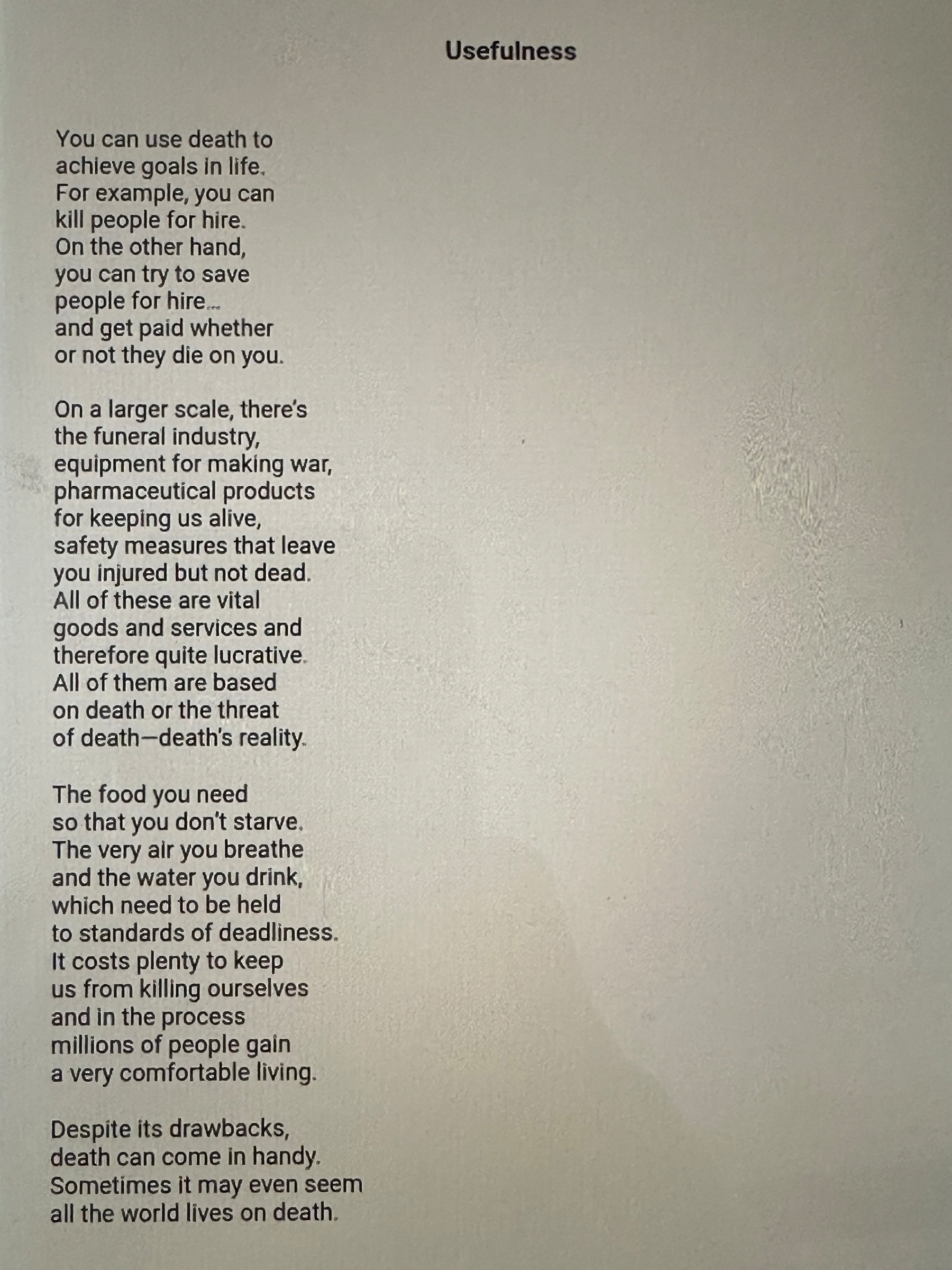

Finished reading: Convenience Store Woman by Sayaka Murata 📚



